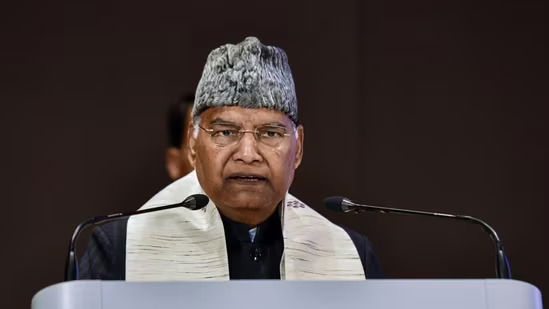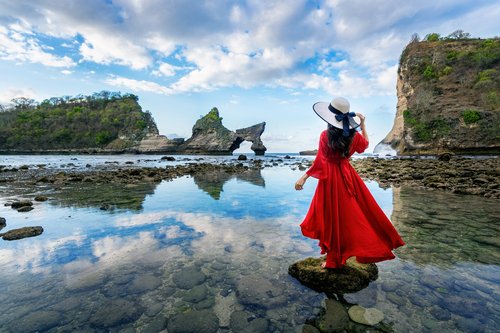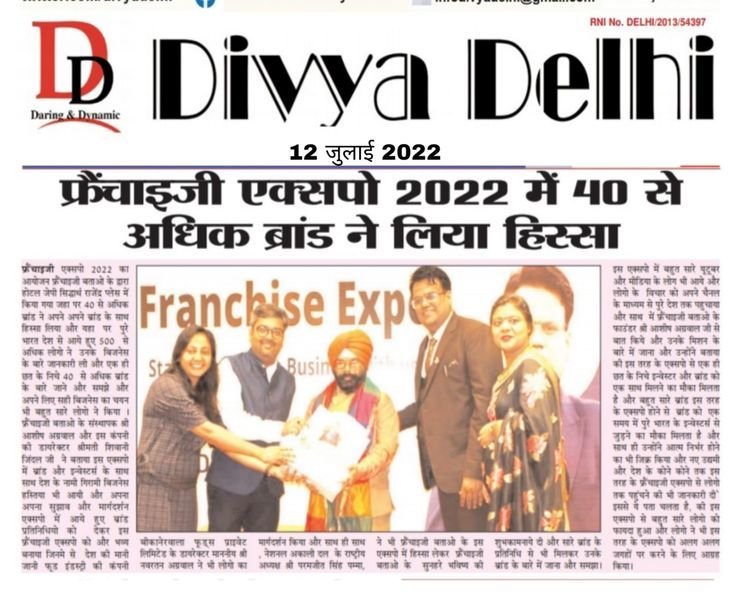
A committee member said Ram Nath Kovind's team will propose simultaneous polls in 2029 and explore procedural and logistical difficulties. Government officials said the Ram Nath Kovind-led high-level committee on simultaneous national and assembly elections will report to President Droupadi Murmu five months after its inception.A committee member, speaking anonymously, said the group will recommend simultaneous polls in 2029 and consider “procedural and logistical” difficulties. Another committee member, asking anonymity, said the report will “strongly reflect the widespread stakeholder consultations that have taken place”. The committee believes all its suggestions should be public but that the government can accept or reject them, the second member stated. This source further stated the research includes a document by 15th finance commission chair NK Singh and IMF's Prachi Mishra on simultaneous polls' economic viability. In addition, the paper will outline the financial and administrative resources needed for simultaneous elections. It evaluated website input and stakeholder feedback, including past chief election commissioners. HT understands that the paper analyzes statistics from the three 1951-52 and 1967 elections to claim that simultaneous elections are doable now. The cycle of simultaneous elections ended when certain state administrations fell or were removed before finishing their term, forcing a new election. Former president Kovind chairs the September-formed committee. The group has been consulting political parties, constitutional experts, previous chief election commissioners, the electoral commission, and other stakeholders to gain insight. The group will examine how coordinated elections may affect governance, administration, political stability, expenditure, and voter participation. It must also provide recommendations and present a detailed analysis on the idea's benefits and cons. A parliamentary standing committee, the Niti Aayog, and the Law Commission have raised concerns with simultaneous polls, including constitutional and legal issues and rising costs. Kovind has urged all political parties to embrace simultaneous parliamentary and state assembly polls for national good. The former president claimed last November that “one nation, one election” will benefit any Centre party and that election savings may be allocated for development. The Bharatiya Janata Party's 2014 and 2019 manifestos called for simultaneous elections nationwide, however at least five Constitutional sections and the Representation of the People Act would need to be changed. On February 20, the BJP told the Kovind-led panel that reforms to India's election law should be made by consensus and that repeatedly invoking the model code of conduct harms governance and promotes corruption. The Janata Dal (United), Shiv Sena, and Republican Party of India-Athawale support simultaneous polls along with the BJP.Congress, Rashtriya Janata Dal, Trinamool Congress, Dravida Munnetra Kazhagam, Samajwadi Party, Aam Aadmi Party, Communist Party of India (Marxist), and Communist Party of India oppose the plan.
- Education(148)
- India(771)
- Entertainment(399)
- Sports(272)
- Business(226)
- Bollywood Hollywood(95)
- International(196)
- Life & Style(91)
- Opinion(139)
- Educational(5)
- Crime(7)
- Technical(6)
- World(18)


